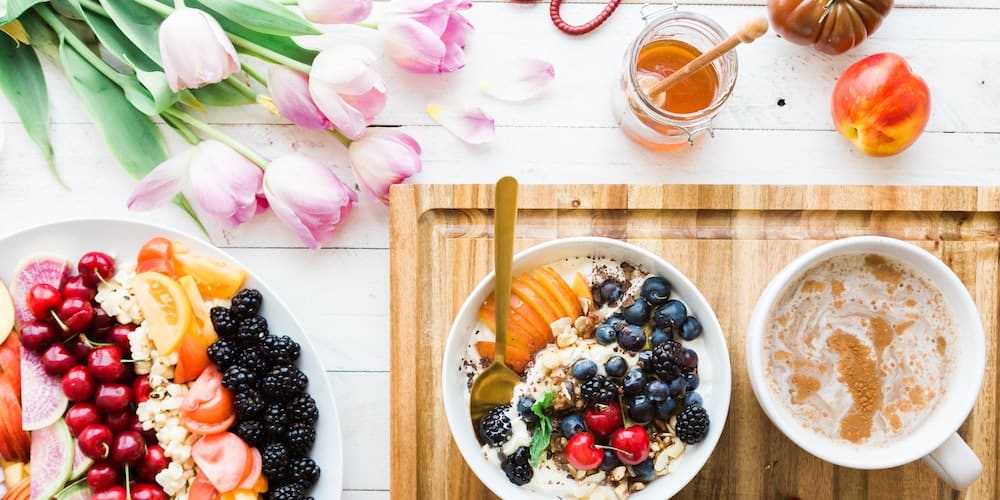Breakfast is the meal that breaks the night’s fast. What makes up a balanced breakfast? Here are 5 foods to enjoy in the morning for a healthy and nutritious first meal.
To learn about the recommendations of the National Nutrition Health Program, see after the list.
1. A hot drink without sugar
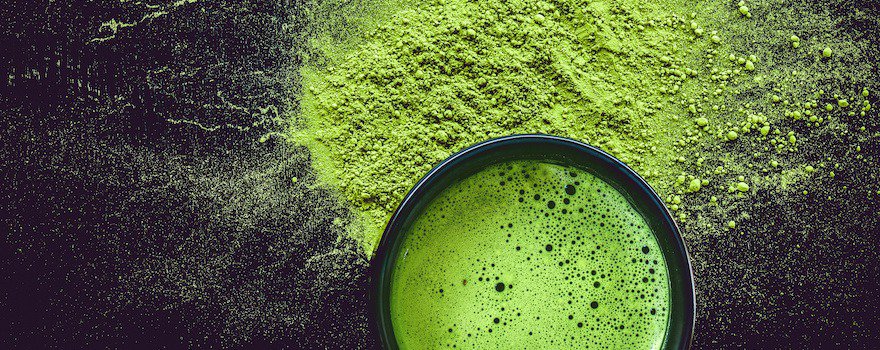
Consuming a hot drink is recommended upon waking to increase body temperature. During the night, our temperature decreases before gradually rising until we wake up.
This little boost is even more appreciated in winter!
Moreover, upon waking, it’s important to hydrate your body. Our body is mostly made up of water (between 55 and 75%). It is essential to maintain good hydration throughout the day, starting from the morning.
Drink a glass of water along with your hot drink for optimal hydration.
Ideal hot drinks: green tea is an excellent option to start the day well. It contains theine, the same molecule as caffeine, which stimulates brain function. It’s also rich in antioxidants. One might opt for matcha which is even more concentrated in theine and antioxidants.

Coffee is of course a possible option but be careful not to exceed the recommendations, one to two cups per day (risk of hypertension in particular). Two interesting alternatives, and just as stimulating: mate and cacao.
Caffeine-free options: You can also vary with caffeine-free drinks like chicory, rooibos, a ginger infusion for a boost.
2. A protein-rich food
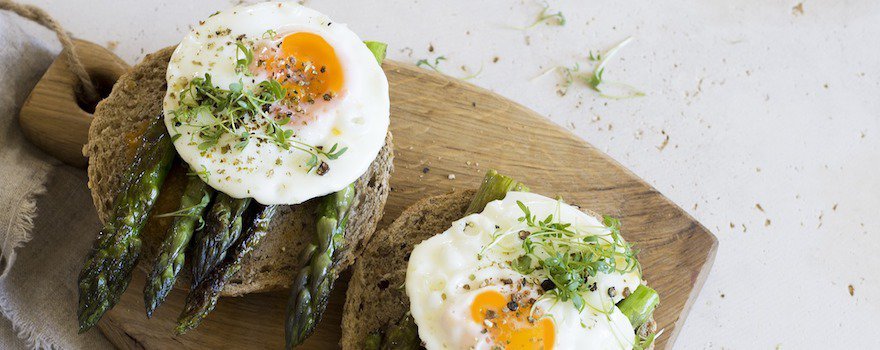
Proteins are macronutrients composed of a chain of amino acids. They play a crucial energy role. Protein needs are higher in athletes than in sedentary individuals.
Satiating, they help reduce snacking in the morning. Animal proteins are complete as they contain all the amino acids.
Ideal animal protein: it’s not easy to eat a piece of meat in the morning! For animal proteins, you can opt for eggs. Hard-boiled, omelette, scrambled, soft-boiled, the possibilities are numerous.
Or a slice of white ham, a small portion of smoked trout.
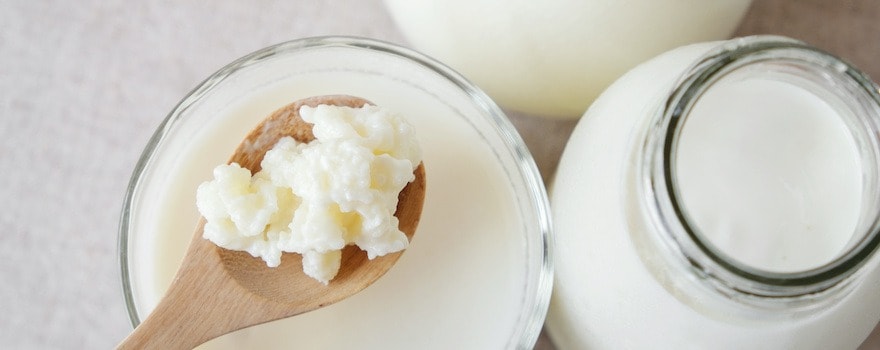
Dairy products like milk, yogurt, and cheese also contain good amounts of protein. Preferably choose plain yogurt or cottage cheese sweetened with a bit of honey or stevia, for example.
Milk kefir allows you to get a good dose of probiotics from the moment you wake up. For cheese, you can have a portion of feta or fresh goat cheese.
Ideal plant proteins: Plant proteins are a good alternative for people following restrictive diets or who want to vary their protein intake. Spirulina is an excellent source of plant proteins. It can be enjoyed in a smoothie with banana and oat milk, for example.
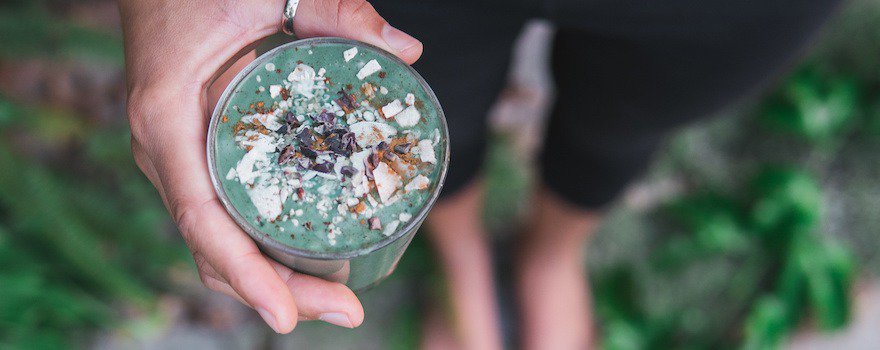
Tofu, derived from soy, is also rich in proteins. Legumes like white beans and chickpeas can easily be incorporated into breakfast in the form of hummus or puree!
Seeds like sesame, sunflower, and almonds are also easy to snack on in the morning.
3. A fresh fruit, preferably seasonal
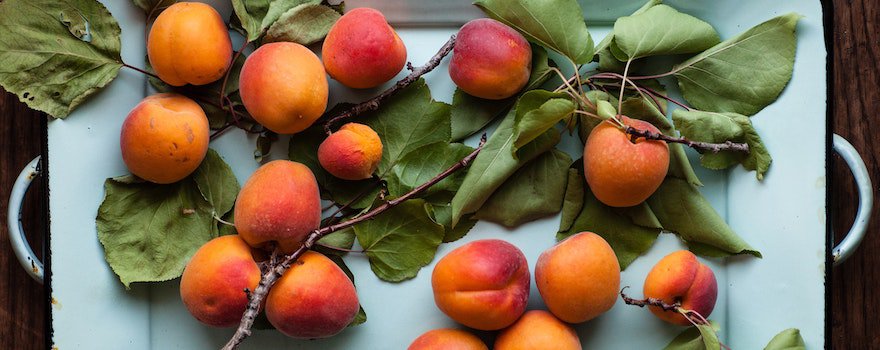
Eating fresh fruit in the morning is the best way to provide the body with vitamins and minerals. Vitamin A is essential for the health of our skin and eyes. Fruits rich in carotenoid pigments contain beta-carotene, the precursor of vitamin A.
Vitamin C, synonymous with energy, boosts the immune system.
It’s preferable to consume fresh fruits, not juice, to benefit from their fiber content.
Fiber improves intestinal transit and can act as appetite suppressants. They also allow for a slower assimilation of sugars present in fruits.
Ideal fresh fruits: in summer, apricots and melons are particularly rich in beta-carotene. Blackcurrants are packed with vitamin C, as is pomegranate. Kiwi is rich in antioxidants and fiber. In winter, enjoy apples and citrus fruits.
We preferably follow the rhythm of the seasons to have fresh fruits with high nutritional value.
4. Good carbohydrates (low or moderate GI)
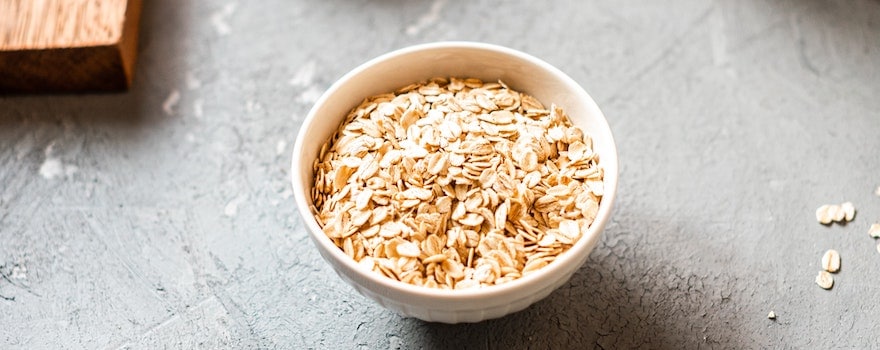
Carbohydrates are the fuel for muscles and the brain. It is widely understood that they should be included in the breakfast menu! In addition to providing energy, they have a satiating power and regulate satiety. We prioritize carbohydrates with a low or moderate glycemic index.
Processed cereals, flakes, puffed or extruded (crushed and compressed at high temperatures) often have a very high Glycemic Index.
We will consume them in moderation, especially since they often contain harmful additives. Good to know: white sliced bread also has a high glycemic index, and toast is less filling and often more caloric than bread.
Ideal carbohydrates: muesli and whole unrefined cereals are a good option. One can turn to sourdough or whole wheat and rye breads. Cereal bread can relieve lazy transit.
A small bowl of oats with milk, either plant-based or not, will provide good carbohydrates and fiber.
5. Good lipids
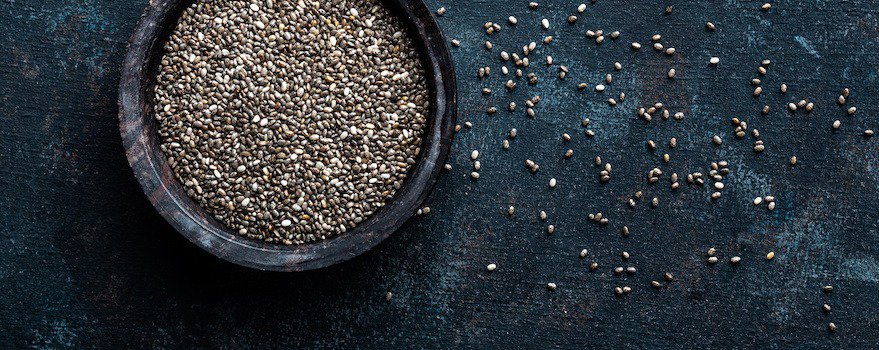
Lipids are essential elements for the body. They are a source of energy and are part of the structural composition of skin and nerve cells.
Omega-3 are excellent lipids because they help increase good cholesterol. They are essential for proper brain function and eye health.
Ideal lipids: nuts like Brazil nuts contain omega-3 and 9. Nuts butter (almonds, walnuts…) spread easily on a slice of bread! They are rich in unsaturated fatty acids.
Eggs, herring, and salmon are well-endowed with omega-3. Chia seeds (very rich in fiber) and flaxseeds too.
To sum up
- A hot drink: green tea, matcha, cocoa, chicory, rooibos…
- Proteins: eggs, kefir, spirulina, soy, chickpeas…
- A fresh fruit: apricot, melon, blackcurrant, kiwi, pomegranate, apple depending on the season…
- Good carbohydrates: muesli and whole unrefined cereals like oats, sourdough bread, cereal bread…
- Good lipids: nuts, almonds, Brazil nuts, chia seeds, flaxseeds…
Recommendations from the National Nutrition Health Program
On the mangerbouger.fr website, you will find recommendations for breakfast composition:
- 1 cereal product such as whole grain or cereal bread, not too sugary cereals.
- 1 dairy product such as a glass of milk, yogurt, or cottage cheese.
- 1 whole fruit or pressed into juice.
- 1 drink not too sweet (coffee, tea, water)
The cereal product has been adapted in our recommendations on carbohydrates, to not exclude carbohydrate-rich foods like legumes that can be enjoyed as hummus for example.
We replaced the dairy product with a food rich in plant or animal proteins. Our recommendation includes dairy products but also invites other sources of proteins like eggs or seeds.
To meet ANSES calcium recommendations, dairy products can be included in other meals of the day. Some vegetables like watercress and kale are rich in calcium.
For the drink, we prioritize unsweetened drinks. However, if one wishes for an additional carbohydrate intake, we favor alternatives to white sugar.
Unless contraindicated, we have added a lipid intake to our list of foods to include in a balanced breakfast.


